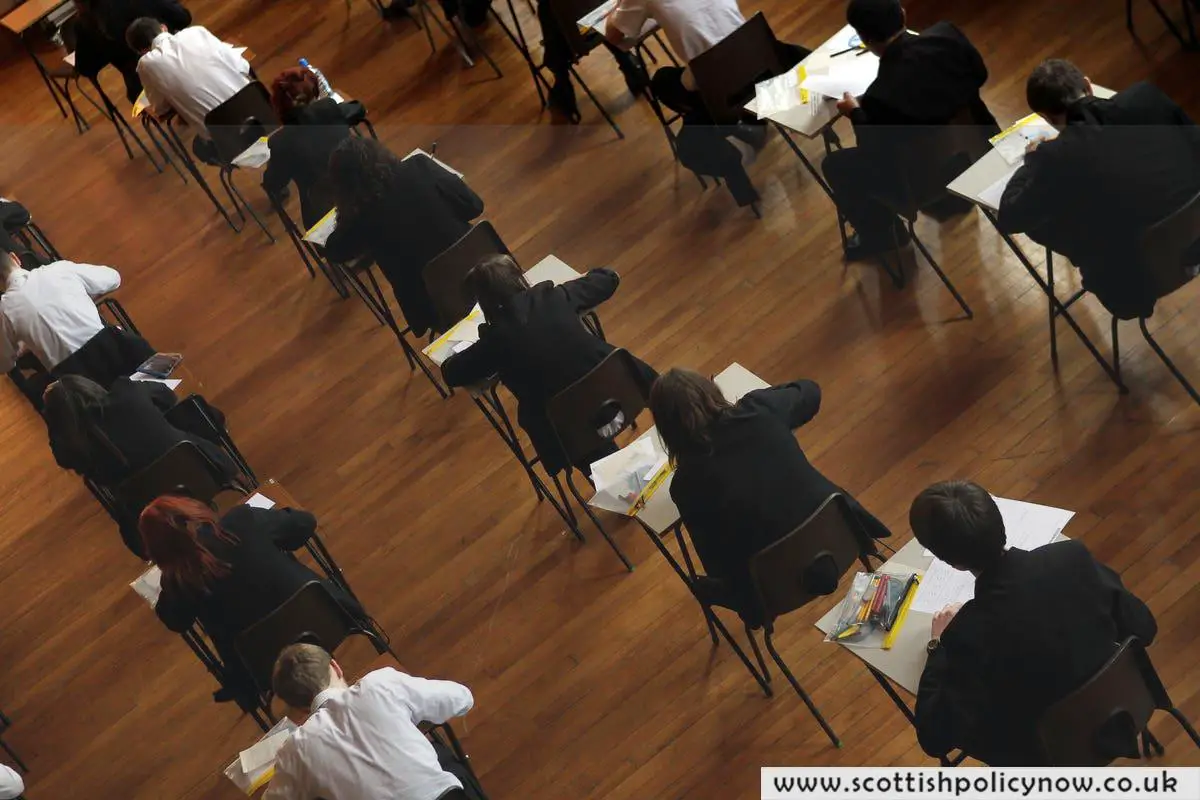The impact of school closures during the Covid-19 pandemic is expected to result in poorer GCSE results for students in England well into the 2030s, according to new research. This decline could lead to significant setbacks in social mobility and an unprecedented widening of the socio-economic gap.
An international team of researchers has conducted a study suggesting radical changes to the school calendar, aiming to mitigate the educational impact of the pandemic. The study recommends spreading school holidays more evenly throughout the year by shortening the six-week summer break and extending the October half-term to two weeks. The researchers believe these changes would be well-received by parents.
The research, funded by the Nuffield Foundation, indicates that children affected by the pandemic may face the “biggest” drop in GCSE results in decades. The findings suggest that the learning loss suffered by students could become the “worst legacy” of the pandemic, potentially “scarring” a generation of children.

Academics from the universities of Exeter, Strathclyde, and the London School of Economics analyzed how school closures during the pandemic hindered children’s development at ages 5, 11, and 14. The study predicts that fewer than two in five students in England will achieve a grade 5 or above in their English and mathematics GCSEs by 2030, which is equivalent to a high grade C or low grade B. This is lower than the 45.3% of students who achieved this benchmark in 2022/23.
The report calls for a range of “low-cost” policies, including a national program of university undergraduate tutors providing academic and mentoring support to students. It also recommends trialing a “rebalanced school calendar” in some areas to address challenges families face, such as a lack of childcare during the long summer break and “holiday hunger.”
Lee Elliot Major, one of the report’s authors and a professor of social mobility at the University of Exeter, suggested that reforms to the school calendar would “improve the wellbeing of teachers and students by creating more holiday breaks during the gruelling winter term.” The study found that socio-emotional skills—such as cooperation, empathy, and attention—are as crucial as cognitive skills for achieving good GCSE results and obtaining decent wages.
The research concluded that England’s pandemic response focused more on academic catch-up than on socio-emotional skills and extracurricular support, in contrast to many other nations. The study calls for an “enrichment guarantee” in schools to ensure all students benefit from activities outside the classroom and suggests that Ofsted inspections explicitly recognize schools that serve disadvantaged communities and excel in doing so.
To model the potential impact of school closures on GCSE results, the researchers used data from the Millennium Cohort Study, which tracks around 19,000 children born at the turn of the century. The report concludes that Covid-induced learning losses and declines in socio-emotional skills will significantly impact education prospects, with boys 4.4 percentage points less likely to achieve five good GCSEs and girls 4.8 percentage points less likely to do so.
Professor Elliot Major told PA news agency that without action, many children could face poorer life prospects as a result of the pandemic’s educational impact. He added that this could lead to “poorer GCSE results” that will “scar successive cohorts of children well into the 2030s,” signaling a decline in social mobility levels.
Dr. Emily Tanner, programme head at the Nuffield Foundation, noted the importance of developing socio-emotional skills alongside academic learning to mitigate the long-term impact of learning loss on young people’s development.
A Department for Education spokesperson highlighted the government’s efforts to support students through education recovery initiatives, noting almost £5 billion has been made available since 2020, with additional funding to support disadvantaged pupils through the pupil premium and other programs.
With the ongoing educational crisis caused by the pandemic, schools and policymakers are urged to take steps to prevent further damage to future generations’ academic and socio-emotional development.







